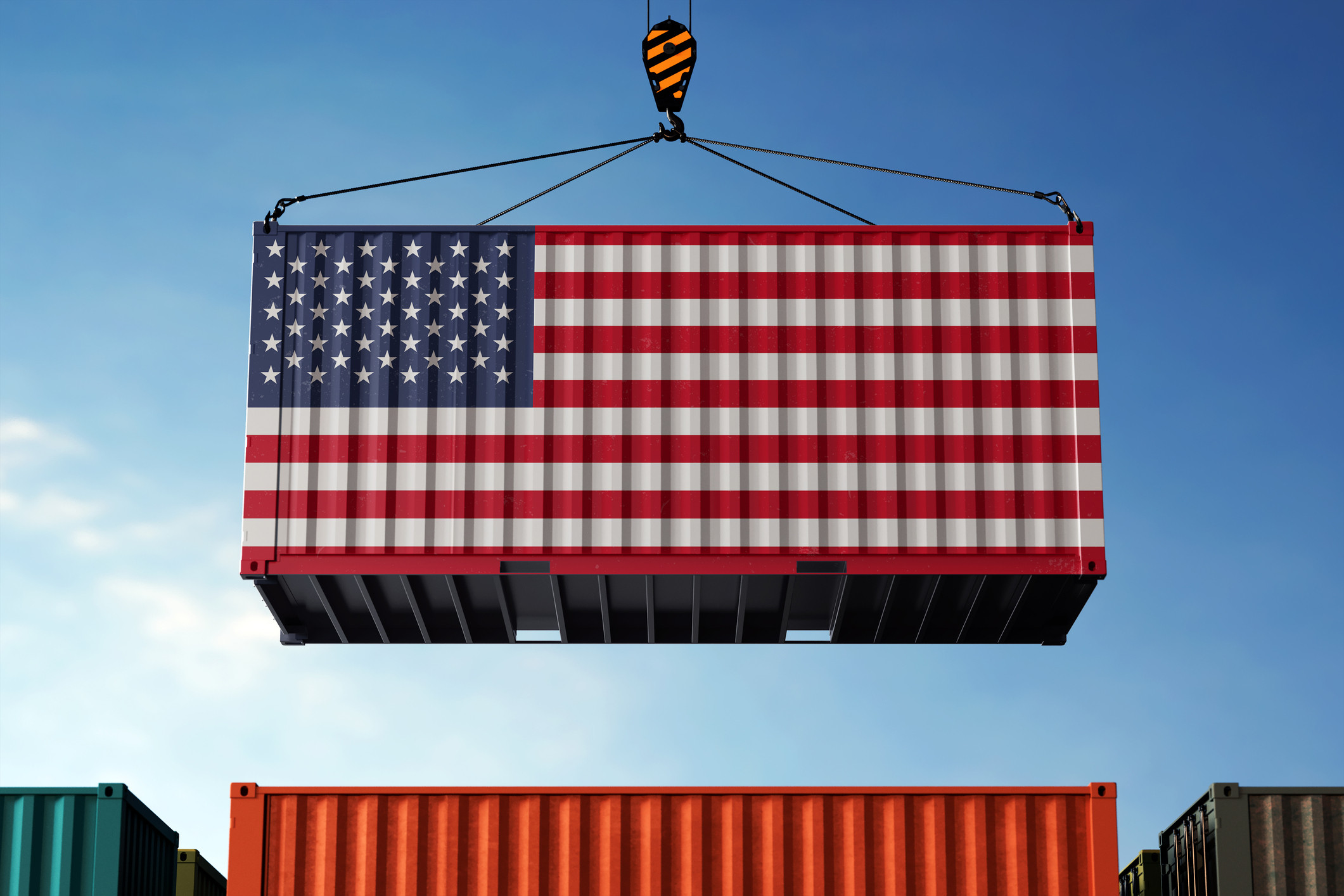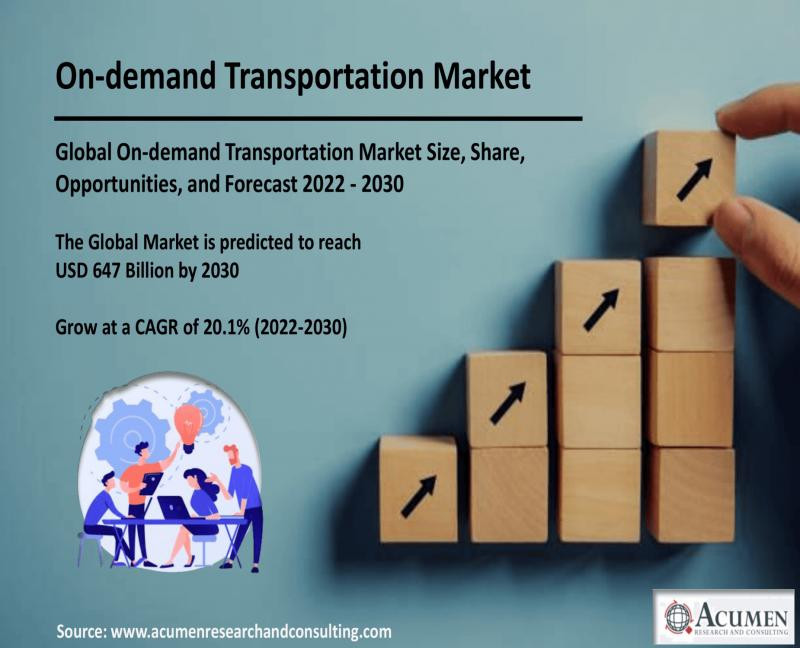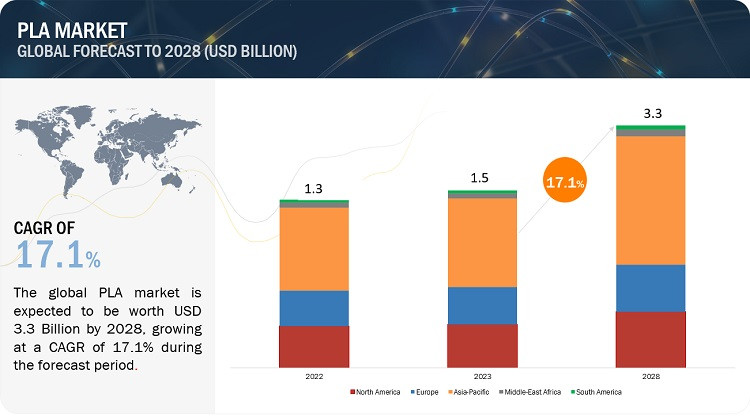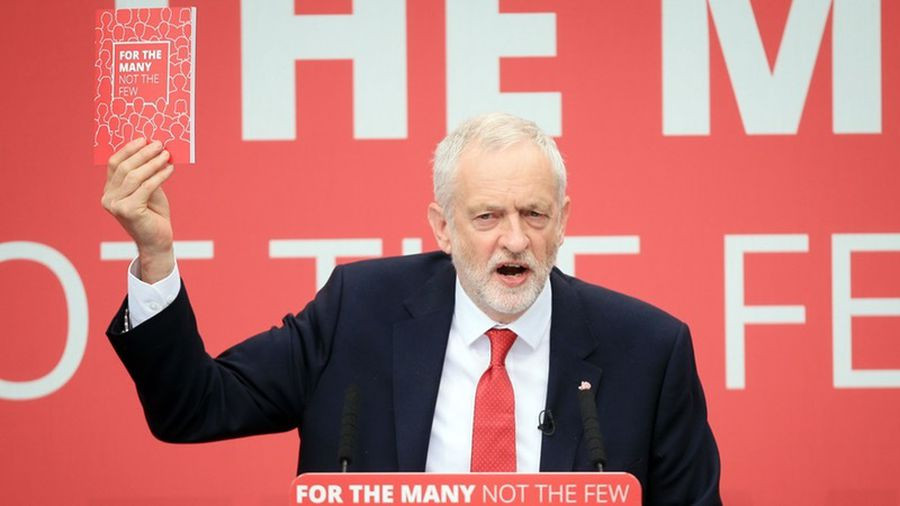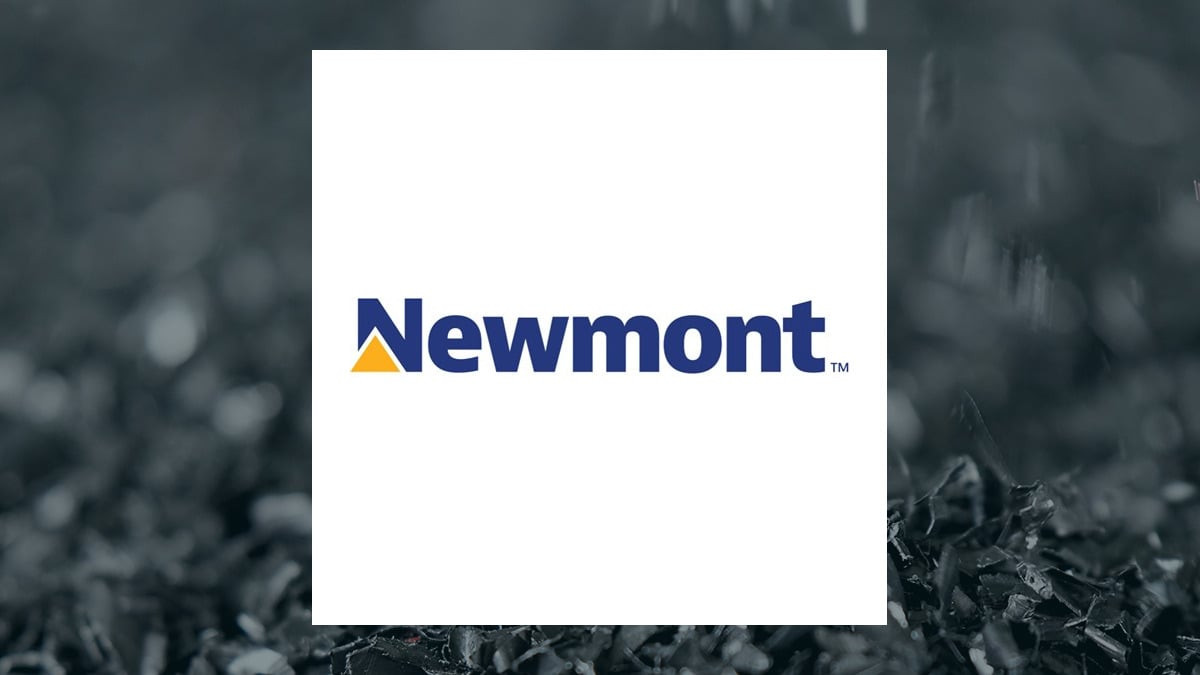Trump's New Tariffs: How Consumers and Businesses Are Reacting
As Donald Trump's second term began, the anticipation of sweeping changes in global trade policy created ripples across the US economy. A survey, conducted in December 2024 and early January 2025 by researchers from the University of Texas, University of California at Berkeley, and Chicago Booth, captured the nation's pulse as it braced for the impact of the impending tariffs.
Consumer Expectations and Responses
The survey, featuring over 13,500 respondents, revealed that consumers largely anticipated Trump to follow through on his tariff threats, even exceeding the announced rates. On average, respondents predicted a 35 percent tariff on imports from Canada and European countries, 42 percent on Mexican goods, and a staggering 50 percent on Chinese products. These figures reflect a level of preparedness far beyond what was officially threatened by the administration. The study also illuminated a significant partisan divide. Democrats predicted that US consumers would shoulder two-thirds of any tariff-related price increases from a hypothetical 20 percent tariff, while Republicans estimated a 40 percent burden on consumers, with a nearly equal share falling on foreign producers. This divergence in expectation clearly reflects the political polarization surrounding the tariff issue itself.
This study also revealed that consumers widely expected the tariffs to increase prices on both imported and domestically produced goods, with an average expectation of a 10 percent rise for imports and a 14 percent increase for domestically produced goods. Interestingly, both Democrats and Republicans largely agreed on the inflationary impact. As a result, a significant number of respondents—over 40 percent—indicated they were likely to stockpile goods before tariffs came into effect. The significant response of over a third stockpiling goods reflects the extent of consumer anxiety.
Businesses Brace for Impact: A Different Perspective
The survey also included over 2,500 company managers, offering a glimpse into the business response. Unlike consumers, managers showed a less pronounced partisan divide. Only a small percentage (17 percent) anticipated stockpiling imports, and even fewer (23 percent) felt less inclined to stockpile than before. Instead, managers indicated their primary response would likely be price increases, product adjustments, and seeking alternative suppliers. This suggests that profit maximization often overrides purely ideological considerations in business decision-making. The muted response suggests a degree of calculated risk management rather than panic in the corporate sector.
The managers’ relatively calm response stands in contrast to the consumers' anxiety, which is likely due to their different priorities and financial positions. Business generally have the resources to absorb shock better than consumers and the ability to adjust prices to account for tariff costs, as well as, the potential to switch suppliers.
The Unintended Consequences: Inflation and the Federal Reserve
The researchers highlight that the observed stockpiling behavior among consumers and the price adjustments planned by businesses might result in inflationary pressures even before the tariffs are actually imposed. This anticipatory inflation presents challenges for the Federal Reserve's efforts to manage price stability and adds further complexity to the already unpredictable economic landscape. This is particularly true for the stockpiling which artificially inflates demand and thereby prices, before tariffs are even enacted. The preemptive responses to the tariffs pose an unexpected economic challenge.
The researchers' findings underscore the complexity of predicting the economic consequences of such large-scale trade policy shifts. The diverse reactions from consumers and businesses demonstrate the varied ways that the effects of tariffs are felt. The survey's insights suggest that the inflationary effects of the tariffs are felt even before the tariffs are officially implemented. The Federal Reserve’s job will be more challenging due to this unexpected development, thus the consequences are already being felt.
Navigating the Uncertainties: A Look Ahead
President Trump's trade policies, even before the implementation of tariffs, have caused uncertainty within the US and global markets. The results of the study are a testament to the real-world impact of such policies. The anticipatory measures taken by both consumers and businesses indicate a profound concern for the economy. The situation requires careful monitoring and analysis to understand its full implications. It’s crucial to monitor developments closely and consider flexible supply chains to minimize potential disruption.
The study on consumer and business reaction to Trump's planned tariffs unveils significant partisan differences in perception and response strategies. While consumers show anxiety and plan to stockpile, businesses adopt more calculated approaches focused on price adjustments and alternative suppliers. The anticipated inflationary pressures highlight the intricate challenges of navigating these trade shifts and the need for continuous monitoring of the situation. Furthermore, it’s important to understand the multifaceted ramifications of these trade policy choices, as they impact consumers and businesses, differently.




